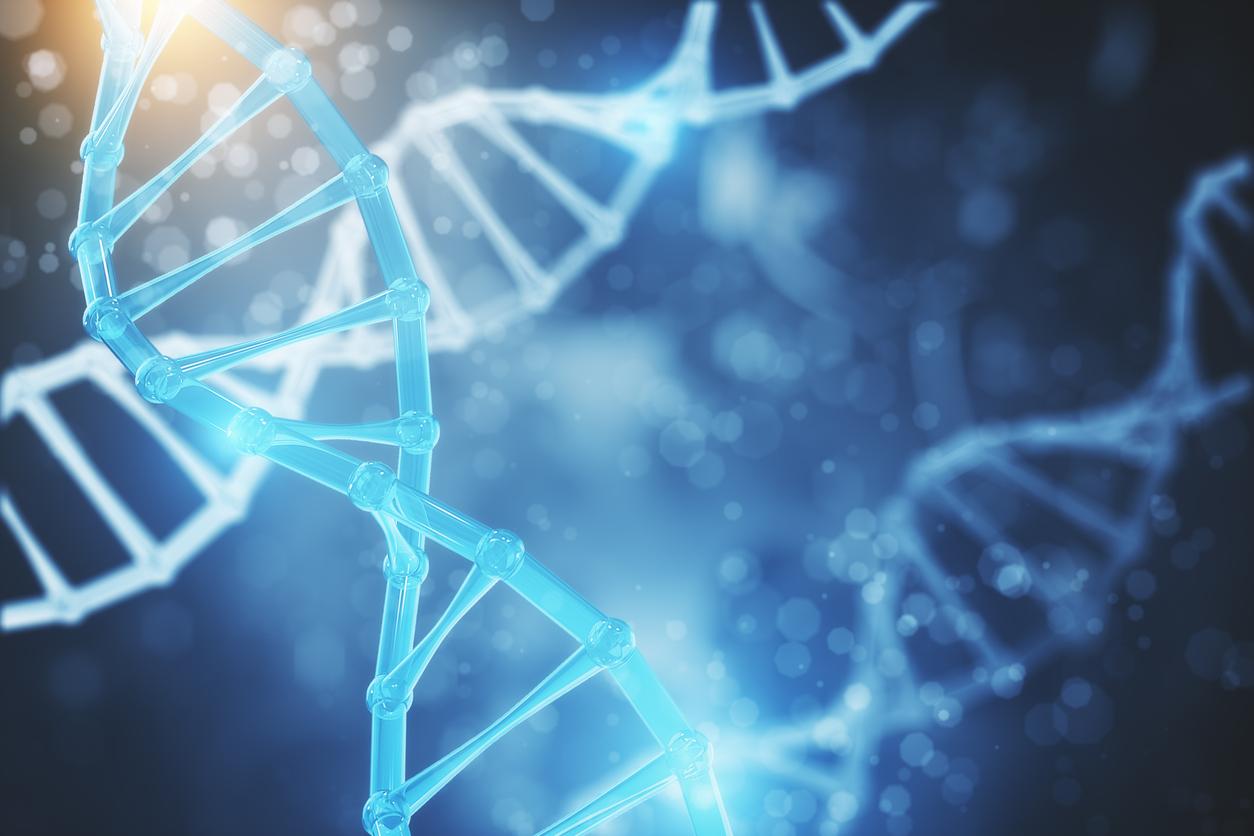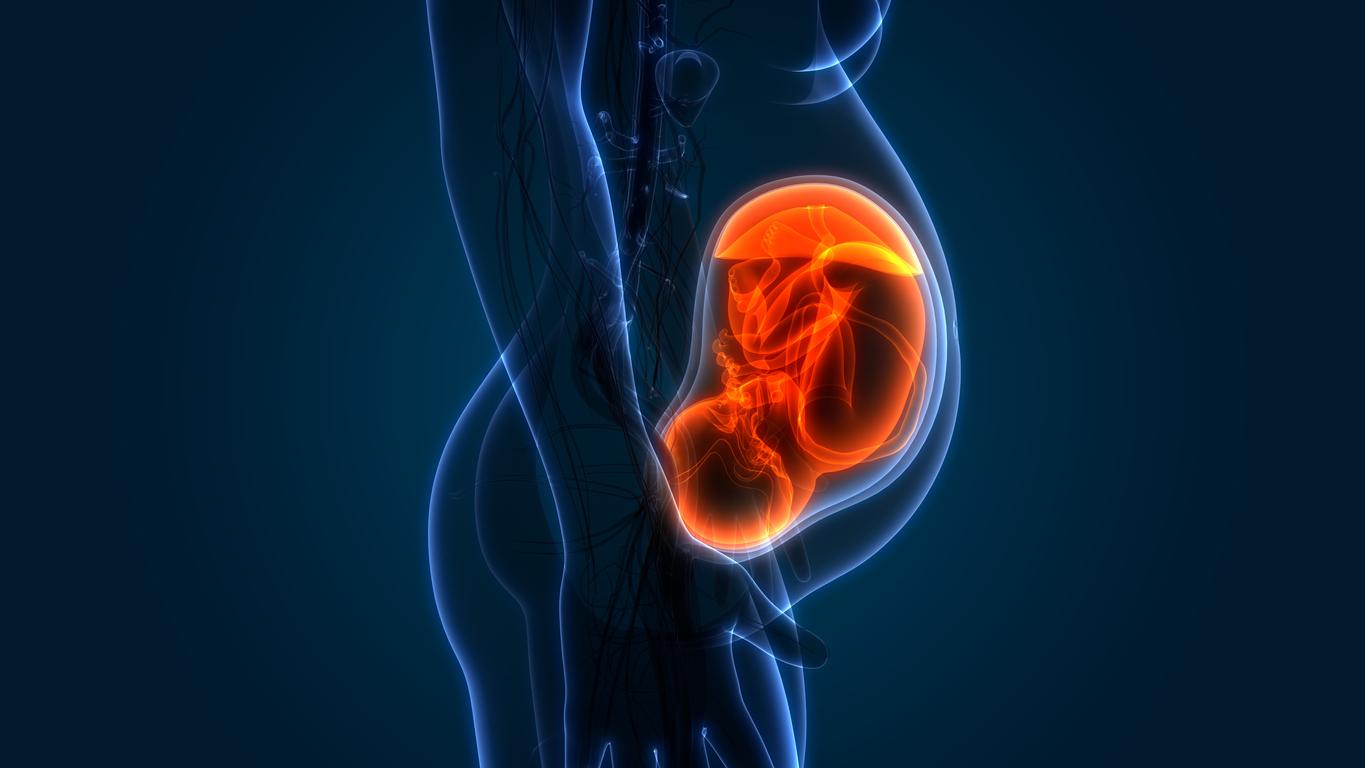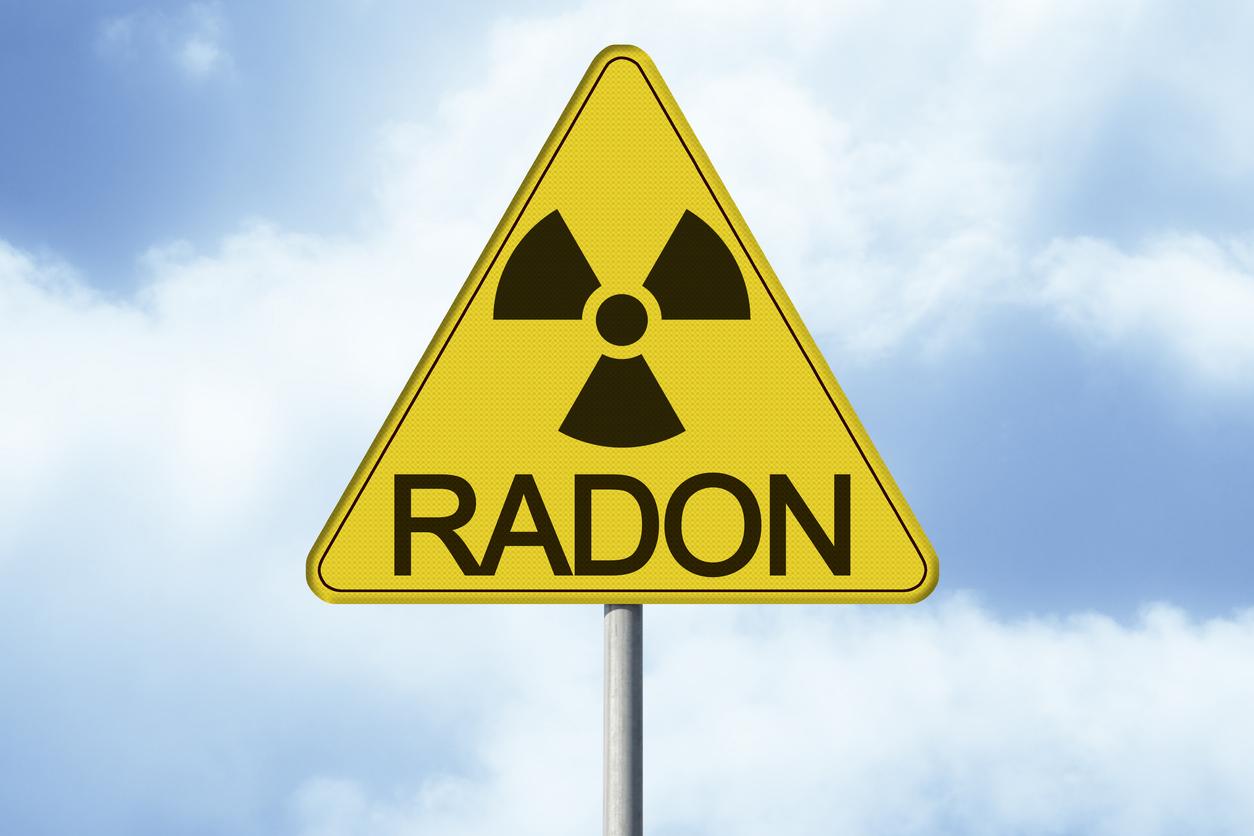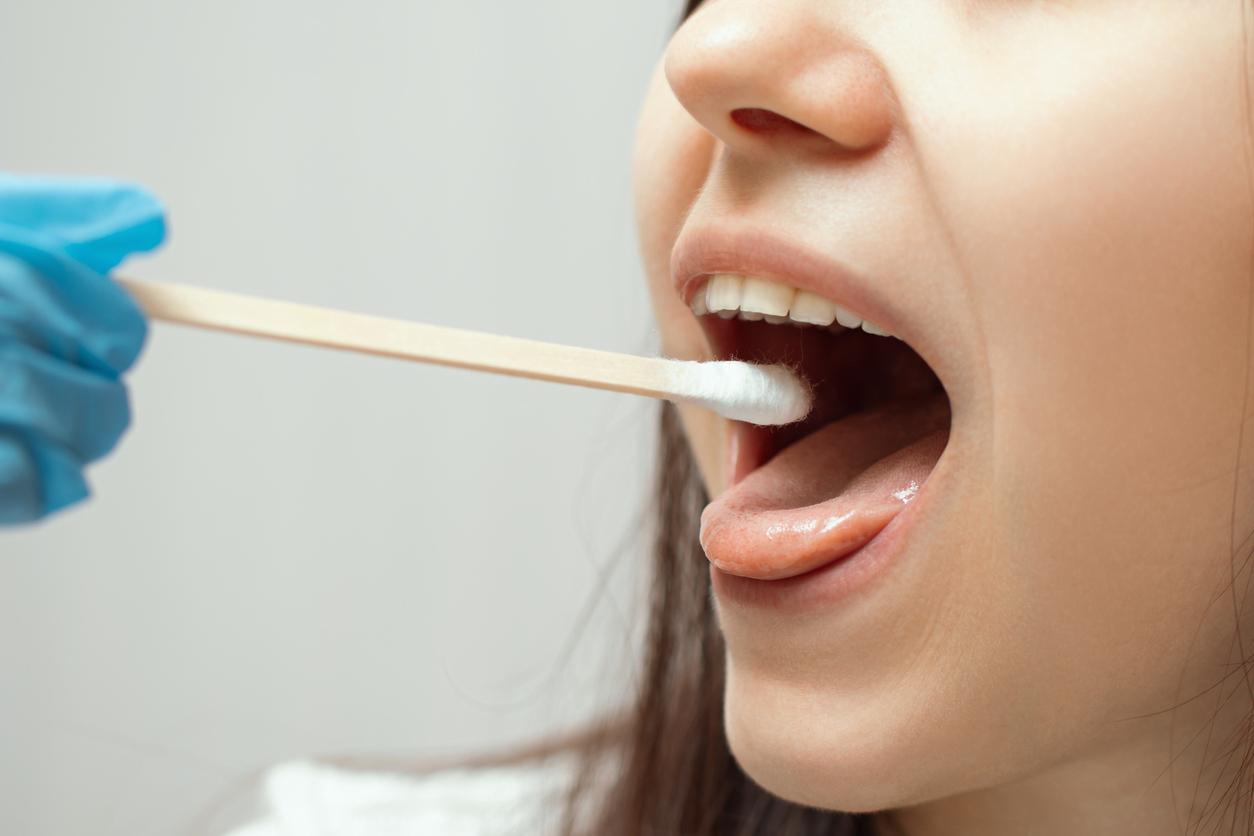According to a new study conducted by French researchers, exposure to air pollution during pregnancy can lead to epigenetic changes in the placenta, and thus put the health of the unborn child at risk. Epigenetics a new way of understanding the transformation of our genes over time and the influence of the environment.
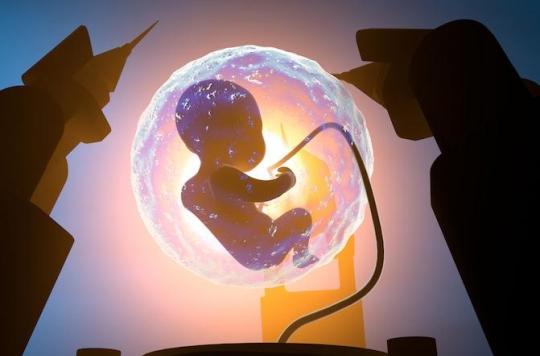
Air pollution, especially nitrogen dioxide pollution, affects the health of children even before they are born. This is what is highlighted by a new study carried out by researchers from Inserm, CNRS and the University of Grenoble Alpes. Grouped within the Institute for the Advancement of Biosciences, the researchers analyzed the consequences of exposure to air pollution in utero and came to the conclusion that it was associated with epigenetic modifications. at the level of the placenta. This may present a risk to the fetus.
Epigenetic modifications linked to pollution
Several studies had already pointed out the deleterious consequences of air pollution on the health of the mother and that of her future child: risk of pre-eclampsia in pregnant women, low birth weight of the baby, degraded functioning of his lungs, neuro disorders. -developmental issues or the risk of arterial hypertension are all sequelae pointed out by various scientific studies. The team of French researchers analyzed the mechanisms explaining the effect of air pollutants on the development of the fetus and concluded that they could go through an alteration of the placenta.
To reach this conclusion, they conducted a study among 668 mothers and their children. Women were recruited from the University Hospital Centers of Nancy and Poitiers between 2003 and 2006. Scientists observed that mothers most exposed to nitrogen dioxide (gas from automobile, industrial and thermal combustion processes) during their pregnancy had an epigenetic change in the ADORA2B gene. “Defects in the expression of this gene have been associated in other studies with pre-eclampsia, a disease of pregnancy that is common and serious if left unchecked,” explains Johanna Lepeule, researcher at the Inserm. The average exposure levels in the study population were below the annual limit set by the European Union directive on air quality (40 mg / m3 for nitrogen dioxide).
The results highlighted by the study thus confirm part of the hypothesis according to which prenatal exposure to air pollutants, at levels commonly found in Europe and in France, could have harmful effects on the health of the patient. pregnant woman and unborn child.
Epigenetics
Epigenetics explains the way acquired by transforming our genes. The reason the children of hash smokers suffer more from psychosis than others, why decades after a famine, the grandchildren of the survivors experience food problems has a name. Why the women, pregnant during the events of September 11, 2001, in New York, gave birth to children whose cortisol levels remained much higher than normal (cortisol is a substance secreted in the event of stress), it is epigenetics, a new discipline of medicine, which offers an explanation and which burst into the eternal debate between the innate and the acquired.
This means that some diseases are not due to a big change in genes, but to very subtle and individual mutations which will probably be present in the offspring from the following generations.
In the theory of the evolution of species which over millions of years transformed fish into humans, it was not believed that changes on the scale of a lifetime were possible. Epigenetics aims to find the marks of the environment, drugs or events of our existence, on the genes of each of us and individually.
The difference between genetics and epigenetics is the difference between writing a book and reading it. Once the book is written, all copies sold will be the same. However, each reader will have a slightly different interpretation of the story, which will spark personal emotions and projections in them as they read. If we compare to epigenetics, in a very comparable way, epigenetics would allow several reads of a gene, giving rise to various interpretations, depending on the conditions in which each of us is placed.
Pollution alters the DNA of babies before they are born
This is not the first time that researchers have pointed to the epigenetic changes induced by air pollution.
As another study revealed last January, pollution also affects the DNA of babies before they are born. Posted in Environment International, this research consisted of examining the DNA of the umbilical cord blood of newborns born in Tongliang, China, before and after the closure of a coal-fired power plant in 2004.
The researchers observed that babies born before the plant closed had shorter telomeres than those born after it closed. Telomeres are a specialized and essential section of DNA that makes it possible to faithfully copy chromosomes. Ultimately, the shortened telomeres cause the copies to be less faithful and this is believed to be linked to aging, cancer, cardiovascular disease, cognitive decline and even premature death.
.










